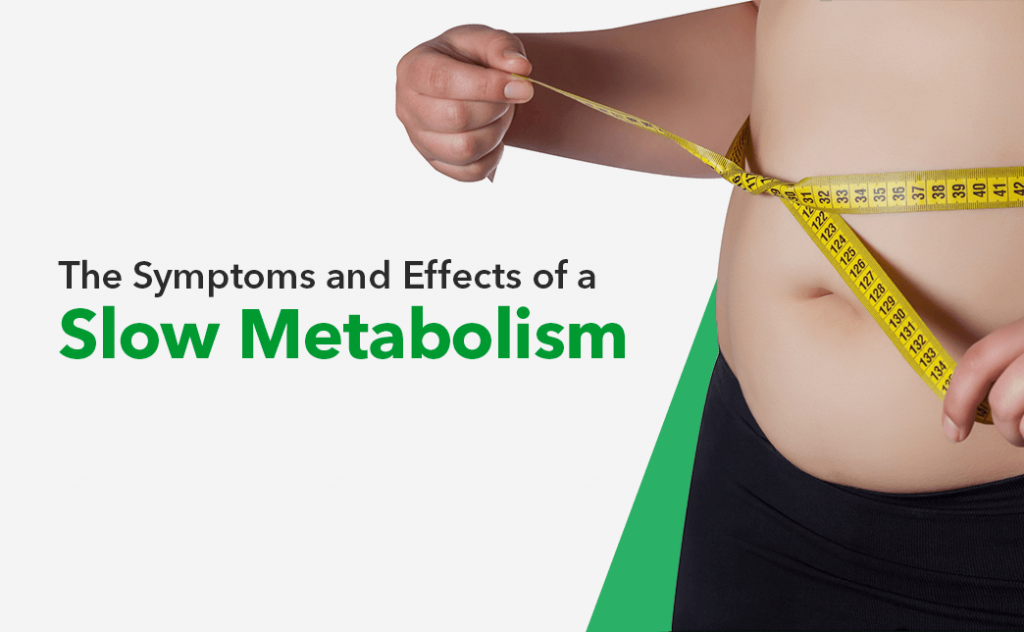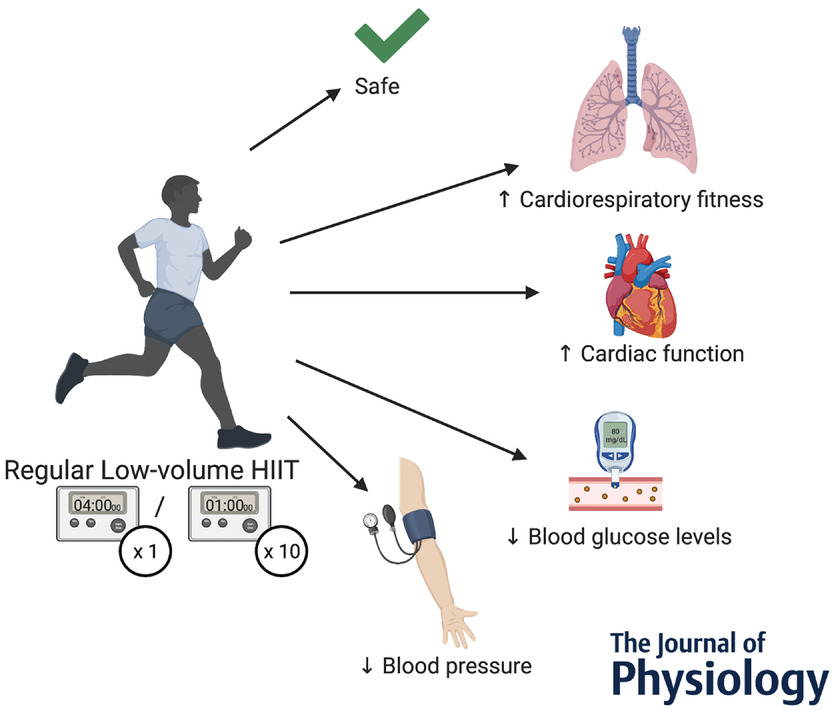Analyze the influence of hormonal and metabolic factors on weight loss and muscle gain
Discover how hormonal and metabolic factors affect weight loss. Explore the impact on muscle gain. Get insights into weight loss

Hormonal and metabolic factors play significant roles in weight loss and muscle gain. Understanding how these factors affect the body can help individuals achieve their fitness goals more effectively. Here's an health and fitness musculation
Hormonal Factors:
- Insulin: Insulin is a hormone produced by the pancreas that regulates blood sugar levels. When you consume carbohydrates, insulin helps transport glucose into cells for energy or storage. High insulin levels, often associated with a diet high in refined carbs and sugars, can lead to fat storage and hinder weight loss. Conversely, lower and stable insulin levels, achieved through a balanced diet, can promote fat loss.
- Cortisol: Known as the stress hormone, cortisol can promote muscle breakdown and fat storage when elevated chronically. High-stress levels can lead to increased cortisol secretion, potentially hindering muscle gain and weight loss. Effective stress management techniques, such as meditation and exercise, can help regulate cortisol levels.
- Testosterone: Testosterone is essential for muscle growth and maintenance. Higher testosterone levels in men are associated with increased muscle mass and a higher metabolic rate. In women, testosterone also plays a role in muscle development but at lower levels. Strategies to naturally boost testosterone include strength training, adequate sleep, and a balanced diet.
- Leptin and Ghrelin: These hormones regulate hunger and appetite. Leptin signals satiety, while ghrelin stimulates hunger. Imbalances in these hormones can lead to overeating and weight gain. Adequate sleep, regular meals, and a balanced diet can help maintain the proper functioning of these hormones.
Metabolic Factors
- Basal Metabolic Rate (BMR): BMR represents the number of calories your body needs to maintain basic functions while at rest. Muscle tissue burns more calories at rest than fat tissue, so increasing muscle mass through strength training can raise your BMR, making it easier to lose weight over time.
- Thermogenesis: This is the process by which your body burns calories to generate heat. Factors like exercise, diet-induced thermogenesis (through specific foods), and cold exposure can increase thermogenesis, aiding in weight loss.
- Caloric Intake vs. Expenditure: Weight loss or gain is fundamentally determined by the balance between calorie intake and expenditure. Creating a caloric deficit (consuming fewer calories than you burn) leads to weight loss, while a surplus promotes muscle gain. Tracking calories and adjusting them based on your goals is crucial.
- Macronutrient Composition: The ratio of carbohydrates, proteins, and fats in your diet can impact both weight loss and muscle gain. Protein is crucial for muscle repair and growth, while the right balance of carbohydrates and fats provides energy for workouts and daily activities.
- Meal Timing: Eating at specific times can influence metabolism. Strategies like intermittent fasting and eating smaller, frequent meals can affect calorie utilization and fat oxidation.
In conclusion, hormonal and metabolic factors are intertwined and can significantly influence weight loss and muscle gain. Tailoring your lifestyle, including diet, exercise, stress management, and sleep, can help optimize these factors to achieve your fitness goals. Consulting with a healthcare provider or a registered dietitian can provide personalized guidance based on your unique needs and circumstances.
Hormonal and Metabolic Interplay
- Aging: Hormonal changes occur as we age, impacting metabolism and body composition. For instance, as people get older, there's a natural decline in growth hormone and testosterone levels, making it more challenging to build and maintain muscle mass. Additionally, metabolic rate tends to decrease, making weight management more challenging. Regular exercise and a balanced diet become increasingly important to counteract these effects.
- Thyroid Hormones: The thyroid gland produces hormones that regulate metabolism. An overactive thyroid (hyperthyroidism) can lead to weight loss, while an underactive thyroid (hypothyroidism) can result in weight gain. Managing thyroid conditions with medication and a healthy lifestyle is crucial for achieving and maintaining a healthy weight.
- Hormonal Imbalances: Hormonal disorders like polycystic ovary syndrome (PCOS) in women or low testosterone in men can affect both weight and muscle. These conditions may require medical intervention and lifestyle changes to manage.
- Menstrual Cycle: Women's hormonal fluctuations during the menstrual cycle can impact weight and muscle gain. Some women may experience increased hunger and water retention during certain phases, but these effects are temporary and can be managed through nutrition and exercise adjustments.
Practical Strategies
- Strength Training: Incorporating resistance or strength training exercises into your fitness routine is crucial for building and preserving muscle mass. Muscle burns more calories at rest, contributing to long-term weight management.
- Balanced Diet: Consume a balanced diet that includes a variety of nutrient-dense foods. Ensure an adequate protein intake to support muscle growth and repair. Adjust your caloric intake based on your goals and activity level.
- Meal Timing and Frequency: While meal timing and frequency don't have a massive impact on weight loss or muscle gain compared to total daily caloric intake, some people find that specific eating patterns, such as intermittent fasting, suit their preferences and lifestyle.
- Stress Management: Chronic stress can disrupt hormonal balance. Engage in stress-reduction techniques like meditation, yoga, or mindfulness to help regulate cortisol levels.
- Adequate Sleep: Quality sleep is essential for hormone regulation and muscle recovery. Aim for 7-9 hours of restorative sleep per night.
- Hydration: Staying hydrated is essential for metabolic processes and overall health. Water is also important for muscle health and fitness
- Consult a Professional: If you're struggling with weight loss or muscle gain despite your efforts, consider consulting with a registered dietitian, fitness trainer, or healthcare provider. They can help you identify any underlying hormonal or metabolic issues and develop a tailored plan to reach your goals.
In summary, hormonal and metabolic factors are intricately connected to weight loss and muscle gain. By adopting a holistic approach that includes proper nutrition, exercise, stress management, and sleep, individuals can optimize these factors to achieve their desired body composition and overall health. It's important to remember that individual responses may vary, so patience and consistency are key on the journey to achieving your fitness goals.
Nutrient Timing
- Pre- and Post-Workout Nutrition: Timing your meals and snacks around workouts can have a significant impact. Consuming a balanced meal or snack with carbohydrates and protein before exercise can provide energy and support muscle function. After a workout, a post-exercise meal or protein-rich snack can aid in muscle recovery and growth.
- Carbohydrate Cycling: Some athletes and fitness enthusiasts use carbohydrate cycling, alternating between high and low-carb days. This approach can help control insulin levels and may be beneficial for those looking to lose weight while aerobic exercise
Supplements:
- Protein Supplements: If you struggle to meet your protein needs through whole foods, protein supplements like whey, casein, or plant-based options can be helpful for muscle recovery and growth.
- Branched-Chain Amino Acids (BCAAs): BCAAs are often used by individuals aiming to preserve muscle during periods of calorie restriction or intense training. They can help reduce muscle breakdown.
- Hormone Regulation Supplements: In some cases, under the guidance of a healthcare professional, hormone replacement therapy or supplements may be prescribed to address specific hormonal imbalances.
Consistency and Patience:
- Set Realistic Goals: Understand that significant changes in body composition take time. Set achievable, incremental goals to stay motivated.
- Track Progress: Keeping a journal of your workouts, nutrition, and measurements can help you assess your progress and make necessary adjustments.
- Adapt as Needed: Be flexible in adjusting your fitness and nutrition plan as your body responds to different strategies. Plateaus are common, but they can often be overcome with the right adjustments.
Individual Variability:
- Genetics: Genetics play a role in how your body responds to diet and exercise. Some people naturally have a higher propensity for muscle gain, while others may find weight loss more challenging. It's important to focus on your own progress rather than comparing yourself to others.
- Health Conditions: Certain medical conditions, such as diabetes, metabolic syndrome, or hormonal disorders, can complicate weight loss and muscle gain efforts. Managing these conditions with the guidance of a healthcare professional is crucial.
- Age: As mentioned earlier, age can impact metabolism and hormone levels. While it may become more challenging to gain muscle or lose weight as you age, it's still achievable with the right strategies and commitment.
In conclusion, optimizing weight loss and muscle gain involves a multifaceted approach that considers hormonal and metabolic factors. Tailoring your diet, exercise routine, and lifestyle to your individual needs and goals is key. Remember that consistency, patience, and a long-term perspective are essential for sustainable results. Always consult with healthcare professionals or qualified fitness experts to ensure your approach is safe and effective, especially if you have underlying health concerns or unique circumstances.
What's Your Reaction?















